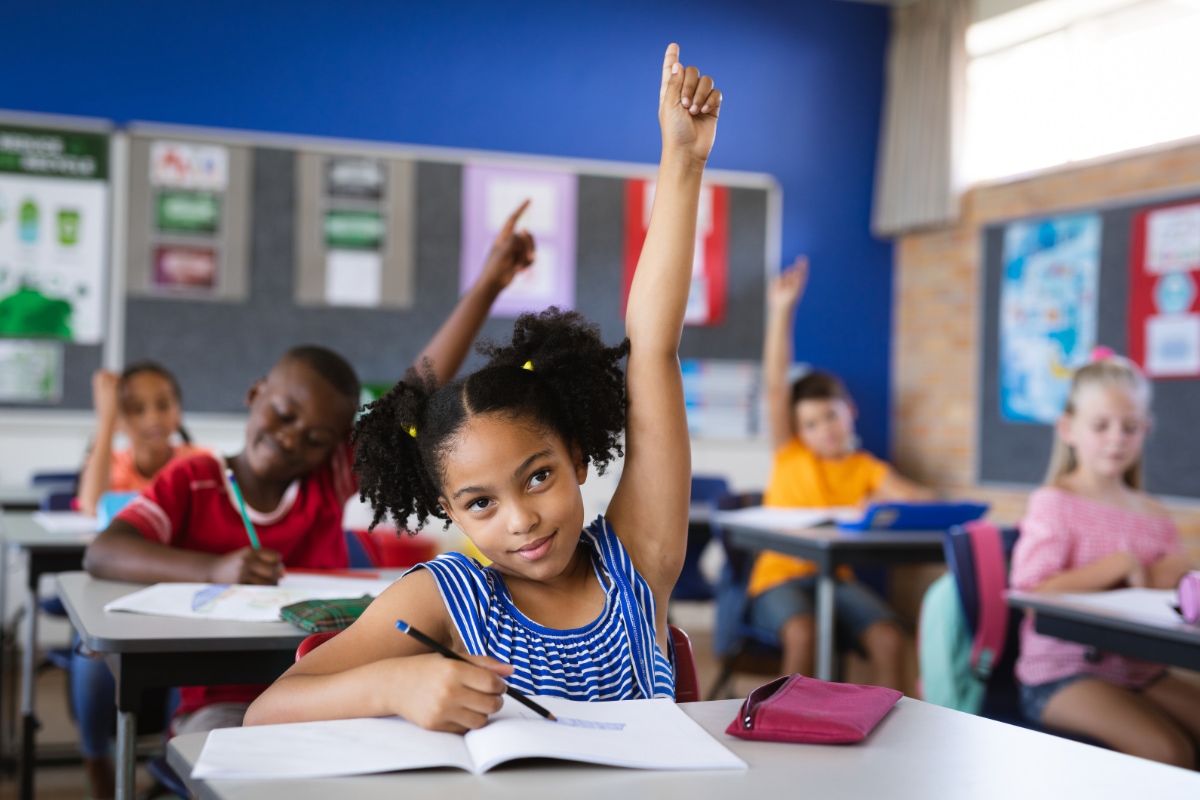Explore the Challenges Encountering Our Area: Save Temecula Schools
Explore the Challenges Encountering Our Area: Save Temecula Schools
Blog Article
The Impact of College Environments on Academic Success and Personal Wellness
The style of academic rooms, including natural lighting and ergonomic furnishings, can boost students' concentration and convenience. How can schools strategically boost these aspects to better support their trainees?
Physical Format and Layout
How does the physical format and design of a college effect academic success? The arrangement and visual of an institution environment can significantly influence pupils' discovering results.
All-natural illumination and efficient ventilation systems are crucial in improving cognitive feature and reducing absenteeism. Research studies have actually shown that classrooms with adequate natural light improve pupil focus and minimize sensations of sleepiness. Ergonomic furniture customized to trainees' requirements can stop physical pain, enabling for extended focus and involvement in academic tasks.
Access to outside rooms and aesthetically pleasing environments also play an important duty - Save Temecula Schools. Green spaces and well-maintained institution grounds provide possibilities for exercise and mental relaxation, both of which are very important for keeping high levels of scholastic performance. In significance, a thoughtfully developed physical environment can work as a catalyst for scholastic quality, promoting an environment that sustains both mentor and knowing
Class Environment
An atmosphere that promotes a feeling of safety, inclusivity, and mutual regard encourages students to involve even more proactively in their discovering processes. The atmosphere of a classroom, including aspects such as lighting, sound degrees, and seating setups, can considerably affect trainee concentration and inspiration.
Additionally, the classroom atmosphere ought to sustain a society of cooperation and open communication. They are more likely to involve deeply with the product and create critical believing abilities when pupils feel comfy expressing their concepts and asking concerns. Peer communications and team tasks can improve learning by giving varied perspectives and cultivating synergy
Additionally, developing clear expectations and regular routines can develop an organized atmosphere that allows trainees to concentrate on their research studies. By decreasing uncertainty and providing a predictable structure, students can better manage their time and responsibilities. Inevitably, a positive class atmosphere not only improves scholastic performance but likewise contributes to the total well-being of students, preparing them for future educational and personal endeavors.
Teacher-Student Relationships
Structure on the significance of a positive classroom environment, the relationships between educators and students play a crucial role in shaping scholastic success. A healthy and balanced teacher-student partnership promotes a finding out setting where trainees really feel valued, comprehended, and sustained, which considerably enhances their motivation and involvement. When students view their educators as compassionate and approachable, they are more probable to get involved actively in course and look for help when required, adding to a deeper understanding of the subject matter.

This count on makes it possible for trainees to reveal their ideas and issues freely, promoting a joint learning environment. In essence, solid teacher-student connections are a keystone of educational success, playing a vital function in both scholastic success and individual development.
Peer Interactions
Peer communications considerably influence academic success by shaping a pupil's social and cognitive development. Within the school setting, peer connections act as a foundational element for finding out and personal growth. Favorable peer interactions can boost a trainee's motivation and engagement in scholastic tasks with joint knowing and common assistance. When pupils collaborate in group settings, they trade ideas, solve troubles jointly, and establish critical thinking abilities. Such communications cultivate a sense of belonging and community, which is important for emotional health and academic willpower.

Efficient peer interactions additionally contribute to the advancement of essential life abilities, such as problem, communication, and teamwork resolution. These social expertises are critical for both scholastic success and individual health, highlighting you could try these out the relevance of promoting favorable peer characteristics within the school environment.
After-school Activities
Participating in after-school activities plays a crucial duty in a student's scholastic success and personal advancement. These tasks, varying from sporting activities groups to debate clubs, use trainees opportunities to sharpen useful abilities such as leadership, time monitoring, and synergy. Study continually suggests that students that get involved in extracurricular activities often tend to achieve greater academic efficiency. This relationship is usually associated to the structured atmosphere and the self-control called for to stabilize both extracurricular and academic commitments.
In addition, extracurricular participation fosters a sense of belonging and area, which is essential for individual wellness. Participating in team tasks enables trainees to build and reinforce socials media, enhancing their emotional and social knowledge. These communications are important for establishing interpersonal abilities that are helpful in both future and academic expert atmospheres.
Additionally, extracurricular tasks give a constructive electrical outlet for trainees to discover their interests and enthusiasms past the common educational program. This exploration can cause the discovery of new abilities and prospective job paths, further motivating students to engage even more deeply in their academic work. To conclude, the function of extracurricular tasks prolongs beyond plain entertainment; they are integral to fostering a holistic academic experience that advertises both scholastic success and individual growth.
Conclusion
Altogether, the impact of school environments on both scholastic success and individual health is extensive. Thoughtfully developed physical formats and classrooms, in addition to positive teacher-student partnerships and constructive peer interactions, substantially enhance student motivation and engagement. Additionally, the existence of encouraging teachers can reduce tension, fostering a nurturing atmosphere conducive to holistic advancement. These components jointly emphasize the significance of developing and maintaining optimal college atmospheres for the benefit of students' personal and academic development.
Eventually, a favorable class atmosphere not only improves scholastic performance but additionally contributes to the overall health of pupils, preparing them her response for future instructional and personal endeavors.

Report this page